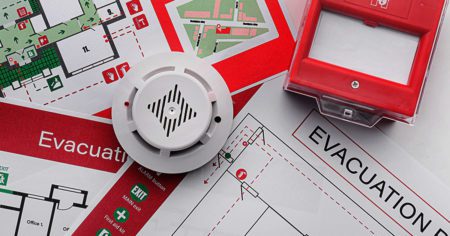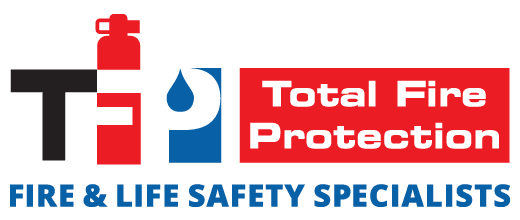 You want to keep your business safe from fires at all times throughout the year. However, there may be a greater risk for some businesses during the winter season. The National Fire Protection Association (NFPA) states that fires occur more in the wintertime than in any other season. For this reason, you should be sure you’re on alert during the winter season, in addition to the other times of the year.
You want to keep your business safe from fires at all times throughout the year. However, there may be a greater risk for some businesses during the winter season. The National Fire Protection Association (NFPA) states that fires occur more in the wintertime than in any other season. For this reason, you should be sure you’re on alert during the winter season, in addition to the other times of the year.
Why Winter Fire Safety is Important
Winter fire safety is important for a few different reasons. First, as mentioned above, fires occur more in winter than in any other season. So, it’s important to be on high alert for any potential fires or fire hazards. Also, there are more open flames and heating equipment used during the winter which can cause an enhanced risk of fires. In addition, with the use of holiday decorations during this time, you have more items out that can catch fire. For all these reasons, you want to be extra cautious with regard to potential fire hazards during the wintertime.
Risk of Fires During Winter
As we work our way into the winter season, here are some fire risks that can occur during this time:
- Extra heating sources, such as space heaters and fireplaces
- More candle usage and open flames
- Overuse of electrical outlets with holiday lights and other decorations
- Christmas trees and other greenery – which can be extremely flammable
- Holiday decorations and candles may be left unattended which can cause an extra fire hazard
- Extra cooking and kitchen appliance usage during the holiday season
These are some of the fire risks that can occur during the winter season.
7 Winter Fire Safety Tips for Businesses
In order to keep your business safe and free from fire hazards, keep the following seven winter fire safety tips in mind:
- Keep any office greenery or Christmas trees well-watered and away from heat sources.
- Don’t overload electrical outlets with plugs.
- Turn off all holiday lights and blow out candles before leaving the office.
- Keep three feet of space between heat sources and other objects.
- Make sure your heat sources are in good working order.
- Have a fire evacuation plan in place.
- Make sure your fire protection systems are in good working order.




